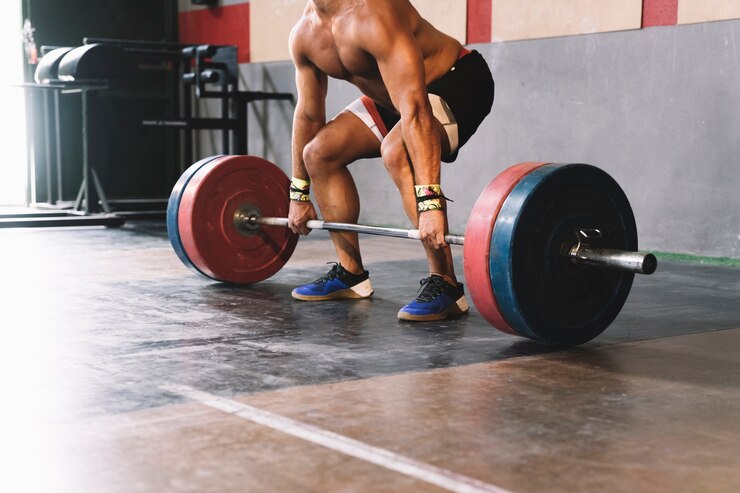In this article you will find:
Role of Nutrition in Performance Enhancement and Postexercise Recovery
Introduction
In the realm of athletic performance, nutrition plays a pivotal role in optimizing both training and recovery. The right nutrients, consumed at the right times, can significantly enhance athletic performance, reduce fatigue, and aid in the repair and rebuilding of muscles. This article delves into the intricate relationship between nutrition and athletic performance, exploring the essential nutrients, timing of intake, and strategies for fueling the body for optimal results.
The Importance of Macronutrients
Macronutrients, including carbohydrates, proteins, and fats, form the foundation of a balanced diet for athletes. Each macronutrient serves a unique function in supporting performance and recovery:
- Carbohydrates: Provide the primary source of energy for the body, particularly during high-intensity exercise. They replenish glycogen stores in muscles, ensuring sustained energy levels throughout workouts.
- Proteins: Essential for muscle repair and growth. Consuming adequate protein after exercise helps to rebuild damaged muscle fibers and promote recovery.
- Fats: Provide a concentrated source of energy and support hormone production. Healthy fats, such as those found in avocados, nuts, and seeds, are crucial for overall health and performance.
The Role of Micronutrients
While macronutrients are essential, micronutrients, including vitamins and minerals, are equally important for optimal athletic performance. These nutrients support various physiological functions, including energy production, immune function, and muscle health:
- Vitamins: Vitamin C, for example, is an antioxidant that helps protect cells from damage caused by free radicals, while vitamin B12 is essential for red blood cell production and energy metabolism.
- Minerals: Calcium, magnesium, and potassium are essential for muscle contraction and nerve function. Iron is vital for oxygen transport to muscles.
Hydration: The Forgotten Nutrient
Hydration is often overlooked but is crucial for optimal performance and recovery. Dehydration can lead to fatigue, decreased endurance, and impaired cognitive function. It is essential to consume adequate fluids before, during, and after exercise to maintain proper hydration levels.
Pre-Workout Nutrition
Preparing the body for exercise with a well-balanced pre-workout meal or snack is essential. A pre-workout meal should provide a mix of carbohydrates and protein to ensure sustained energy levels and support muscle repair. The timing of the meal will depend on individual preferences and the intensity of the workout.
Intra-Workout Nutrition
For long or intense workouts, consuming fluids and electrolytes during exercise can help to maintain hydration and prevent fatigue. Sports drinks or electrolyte-rich water can be effective options.
Post-Workout Nutrition
The post-workout recovery window is a critical time for replenishing depleted energy stores and promoting muscle repair. Consuming a combination of carbohydrates and protein within 30-60 minutes of exercise can optimize recovery.
Individualized Nutrition for Optimal Performance
While general guidelines can be followed, individual nutritional needs can vary based on factors such as age, gender, body composition, and training intensity. Consulting with a registered dietitian or sports nutritionist can help develop a personalized nutrition plan tailored to specific goals and requirements.
Conclusion
Nutrition plays a vital role in enhancing athletic performance and facilitating post-exercise recovery. By consuming a balanced diet rich in macronutrients, micronutrients, and fluids, athletes can optimize their energy levels, support muscle health, and improve overall performance. Understanding the importance of nutrition and implementing effective strategies can help athletes reach their full potential.




